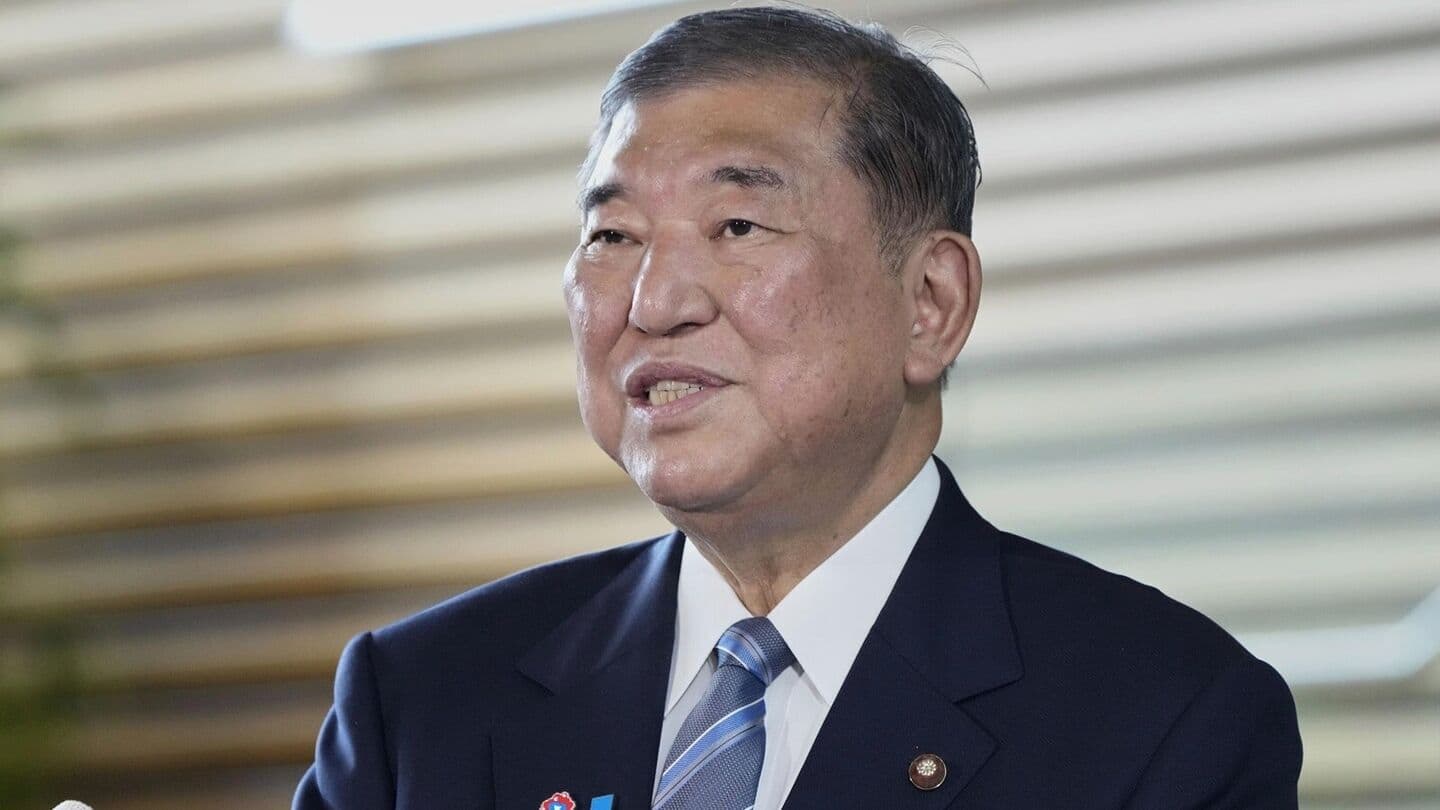
Japan's PM Shigeru Ishiba denies resignation reports after election debacle
What's the story
Japan's Prime Minister Shigeru Ishiba has dismissed reports that he planned to quit after his coalition lost the upper house election, calling the reports "completely unfounded." Reuters, citing a senior source close to the PM, said Ishiba chose to stay to avoid political instability amid trade discussions with the United States. On Tuesday, Ishiba announced a trade deal with US President Donald Trump. The deal lowers tariffs on Japanese car imports and spares Japan from new levies on other goods.
Election aftermath
LDP loses majority in both houses of parliament
Earlier, reports suggested he will announce his resignation next month after his center-right Liberal Democratic Party (LDP) lost its majority in both houses of parliament. The party had governed almost continuously since 1955 but was rejected by voters angry at inflation. The "Japanese first" Sanseito far-right group, which advocates curbing immigration and slashing taxes, increased its representation in the upper house from one to 14 seats.
Successor
Any successor will inherit party without a parliamentary majority
Ishiba had only narrowly defeated hardline conservative Sanae Takaichi in a run-off election for LDP leadership last year. Following the defeat of the lower house in October, any successor will inherit a party without a parliamentary majority and will need to quickly seek backing from opposition lawmakers to be confirmed as prime minister. Observers believe a new leader will not call a general election right away, preferring to repair party unity and public support before seeking a new mandate.
Leadership challenges
Ishiba became LDP leader in September
Ishiba became the LDP leader in September 2024, becoming the 10th LDP prime minister since 2000. His coalition was forced into a minority government in the lower house after poor election results in late October. The ruling coalition has had to negotiate with opposition parties to pass legislation since then.